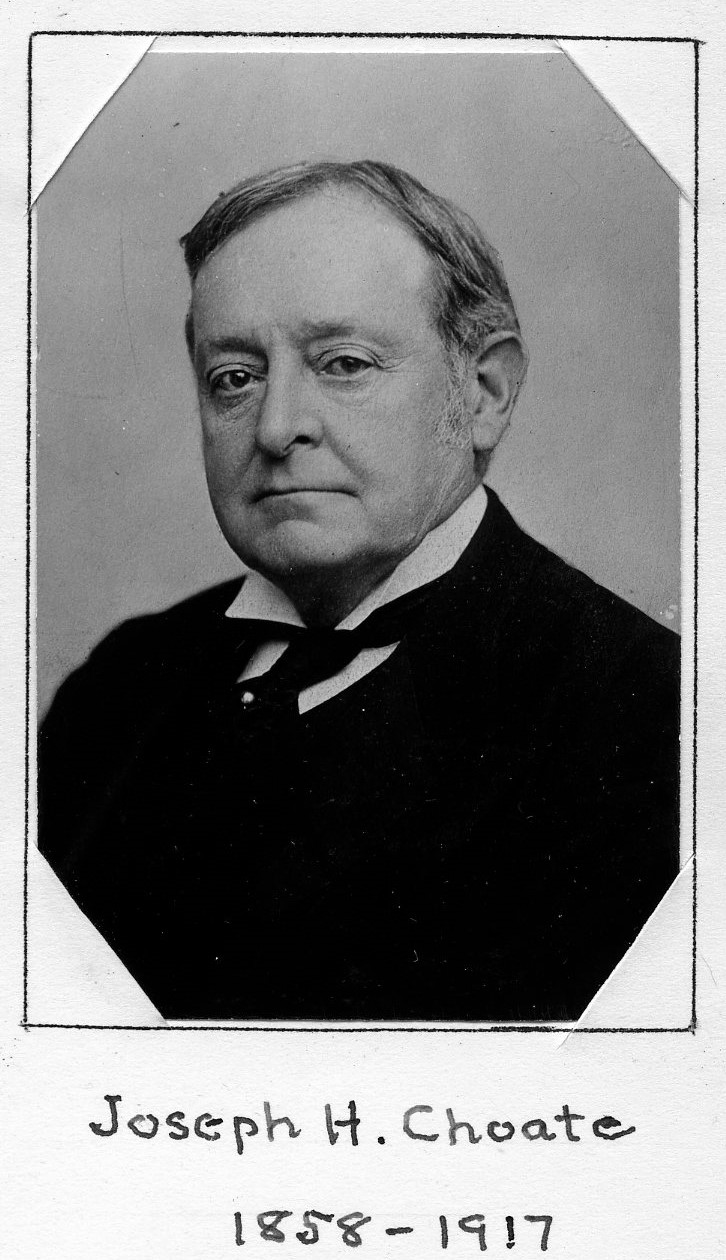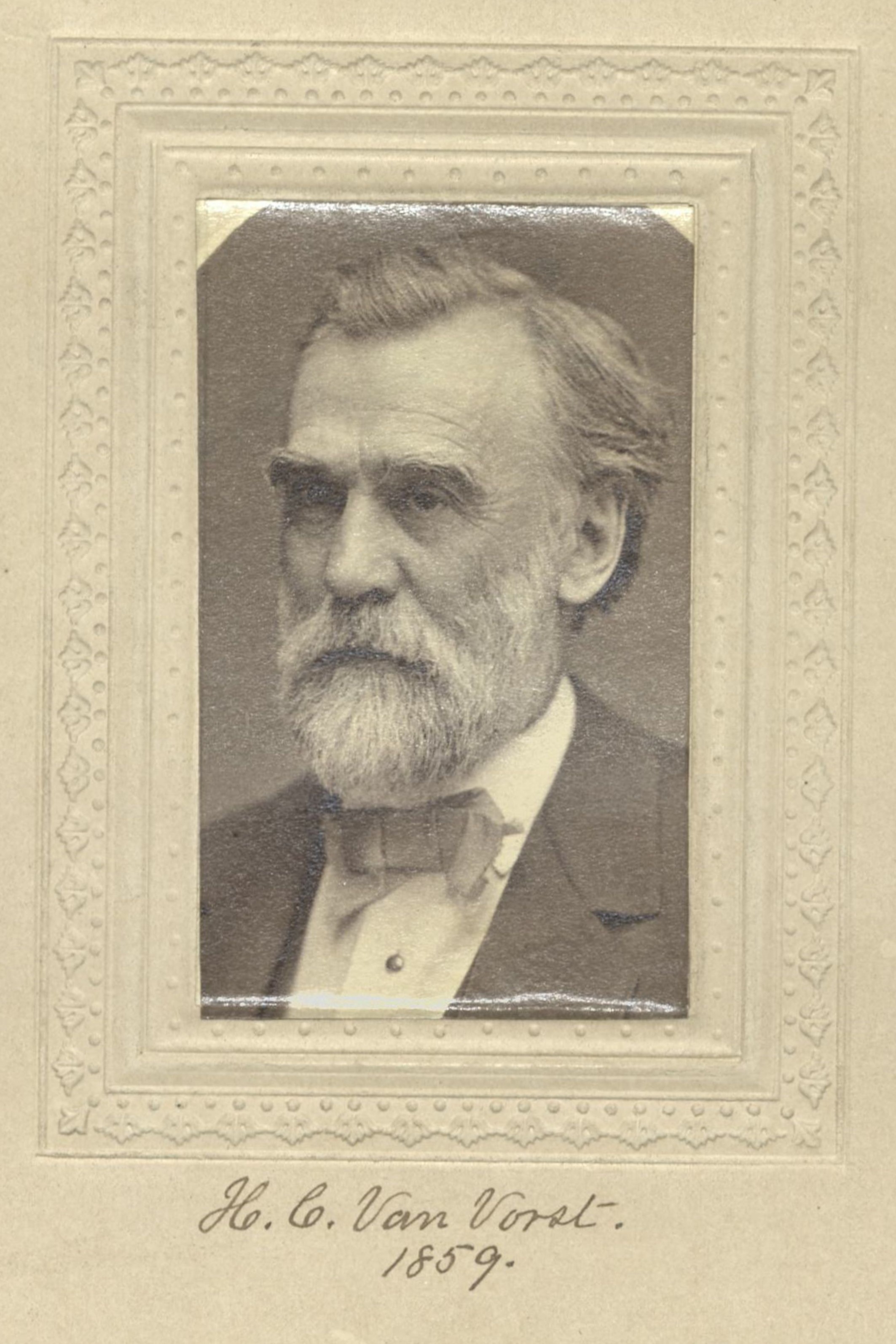Member Directory,
1847 - 1922
George C. Barrett
Judge
Centurion, 1883–1906
Hooper C. Van Vorst and Joseph H. Choate
Dublin, Ireland
Saratoga Springs, New York
Age forty-four
Bronx, New York

Century Memorial
George Carter Barrett, at the time of his retirement from the bench in 1905, had had an extraordinarily long and a very honorable career in judicial service. Born in Ireland in 1838, the son of a clergyman of the Established Church, he was brought to the United States in 1851. Educated at Columbia High School and Columbia College, he was in 1863, at the age of twenty-five, elected Civil Justice in the sixth district of this city, and in 1867 a judge of the Court of Common Pleas. In 1871 he was elected a judge of the Supreme Court, re-elected in 1885, and was elected to a third term in 1899. He became one of the judges of the Appellate Division at the time it was instituted, but in 1900 at his own request again took up the work of a trial judge. While his learning, thoroughness, and experience made him a peculiarly valuable member of the appellate court, he was extremely fond of the duties of a trial judge, as he was especially fitted for them. He united activity and penetration with singular fairness of mind and courtesy and dignity of bearing, winning at once respect and affection. During the few years’ interval in his judicial service, before his election to the Supreme Court, he was active in the contest waged against the Tweed Ring. He was one of the famous Committee of Seventy, acted as its counsel, and secured the injunction that led to the installation of Andrew H. Green in the Controller’s office and so to the final exposure of the Ring and its expulsion from what had seemed its impregnable possession of the city government. In private life Judge Barrett was of a most attractive disposition and of unusual social gifts. He had a wide and discriminating knowledge of literature, especially of belles lettres, and was a facile and agreeable writer. His pleasure in the drama was keen, and he occasionally employed his leisure in composition for the stage. His kindliness and his varied culture, as well as his sterling worth, made him a delightful element in the life of The Century.
Edward Cary
1907 Century Association Yearbook


